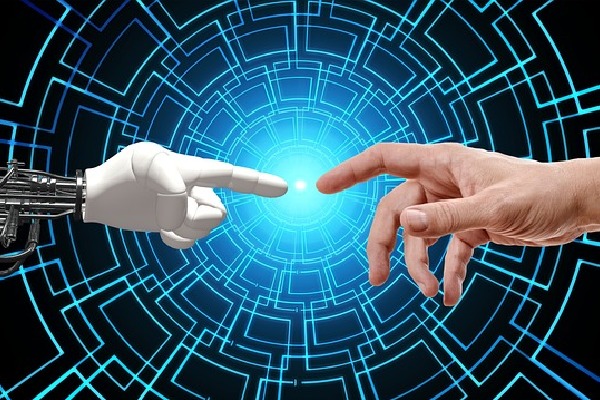AI is Taking Over—Are We Prepared?

From streamlining businesses to reshaping education and healthcare, AI is rapidly transforming industries and daily life. Will automation bring unmatched efficiency, or will it lead to widespread job displacement? Can AI-driven innovations revolutionize medicine while ensuring data privacy and ethical concerns are addressed?
As AI becomes an integral part of society, how do we strike a balance between its benefits and challenges? Let’s explore the future of AI, its impact on industries, and what it means for humanity.
AI’s Growing Presence in Daily Life
AI is increasingly integrated into everyday activities, from smart communication tools to autonomous transportation systems. By 2025, algorithm-driven technologies will optimize business operations, reduce inefficiencies, and enhance decision-making. Industries such as logistics and manufacturing will see a rise in robotic automation, streamlining processes while cutting costs.
Business Automation and Efficiency
Companies are leveraging AI to drive operational efficiency and cost reductions. Generative AI tools are revolutionizing customer service, data analysis, and strategic decision-making by providing real-time insights. As businesses adapt to an AI-driven landscape, automation will become indispensable for maintaining competitiveness and maximizing productivity.
AI’s Impact on Education
AI is transforming education by personalizing learning experiences and tailoring content to individual student needs. By 2028, AI-driven teaching models could become the standard, optimizing instruction methods and ensuring adaptive learning pathways that cater to diverse academic abilities.
Advancements in Healthcare
The healthcare industry is experiencing rapid AI-driven innovation, from more precise diagnostics to personalized treatment plans and accelerated drug discovery. However, integrating AI into medicine raises challenges regarding patient data privacy and regulatory compliance, requiring careful oversight.
Workforce Evolution and Job Market Shifts
While AI is automating routine tasks, it is also creating demand for specialized roles in fields like machine learning, cybersecurity, and AI ethics. Upskilling and reskilling initiatives will be essential for workforce adaptation. However, job displacement in certain sectors remains a concern, highlighting the need for proactive policies and training programs.
Ethical and Privacy Considerations
As AI becomes more influential in decision-making and governance, concerns surrounding surveillance, misinformation, and wealth inequality are intensifying. Data privacy and human autonomy debates are expected to grow, emphasizing the need for regulatory frameworks that ensure responsible AI deployment.
AI and Environmental Sustainability
AI holds the potential to address critical environmental challenges by optimizing resource management, improving climate modeling, and promoting sustainable practices. From smart energy systems to pollution control solutions, AI-driven innovations can significantly contribute to ecological conservation.
Social Equity and AI Governance
Without proper oversight, AI’s rapid expansion could widen social inequalities by concentrating power among a select few while marginalizing vulnerable populations. Global collaboration on AI governance is essential to ensure fairness, equitable access, and responsible implementation.
Human-AI Collaboration: The Future of Work and Innovation
The future will see increased collaboration between humans and AI across creative industries, scientific research, and problem-solving. AI has the potential to augment human capabilities, redefine traditional roles, and unlock new frontiers of innovation.